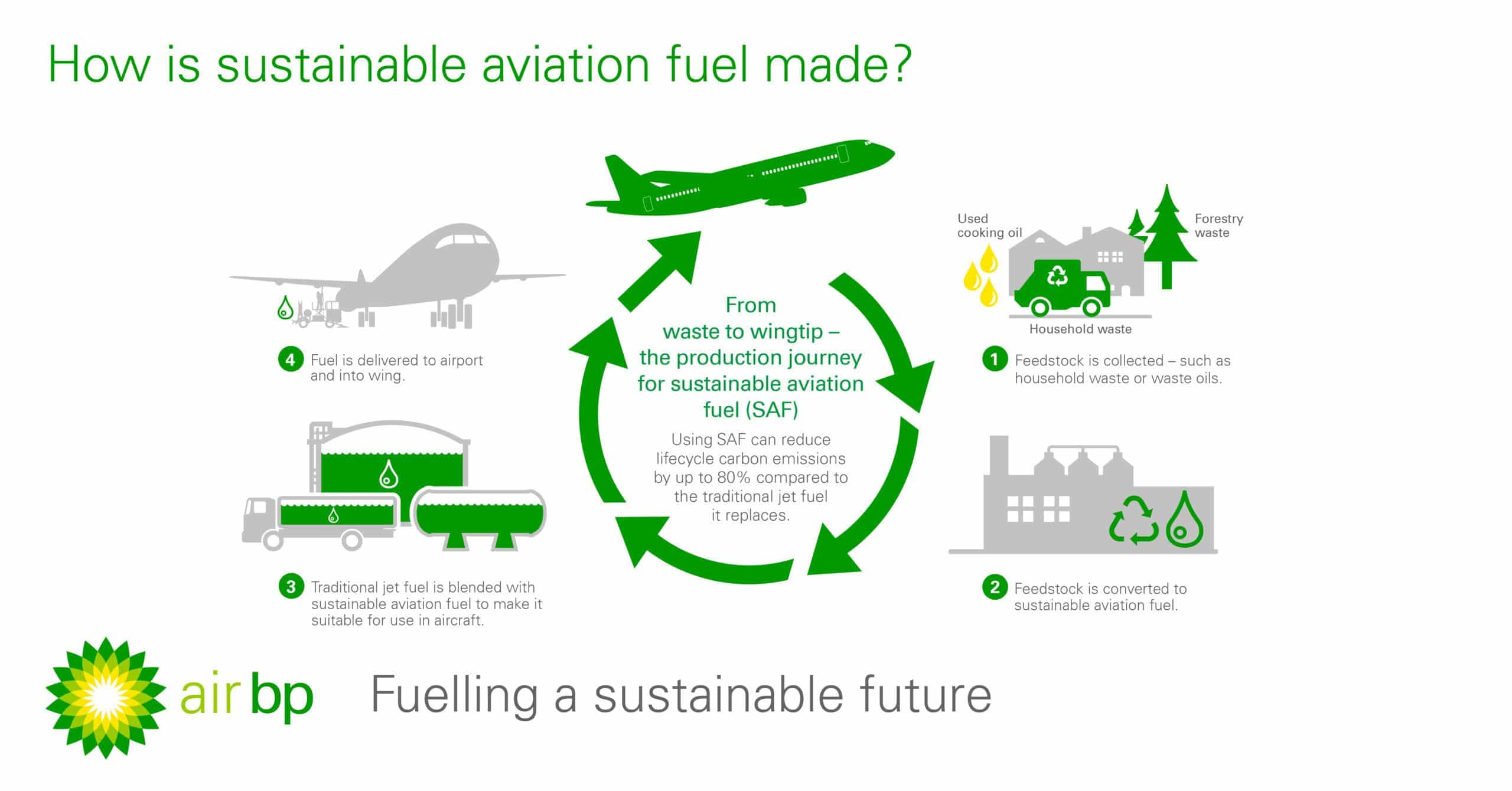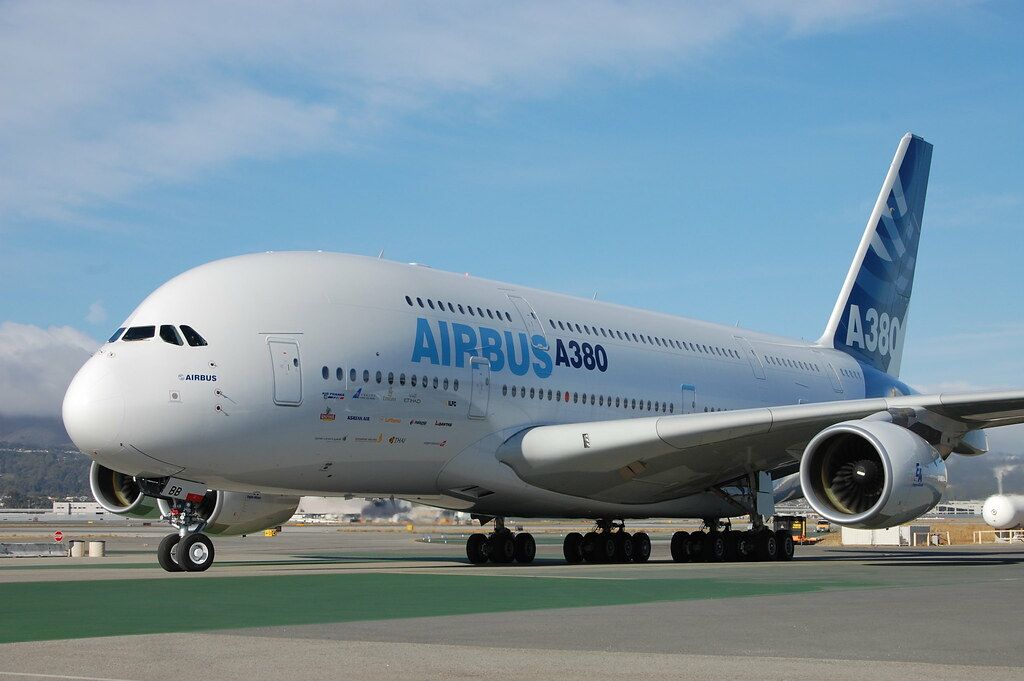At the end of March, Airbus successfully powered two trial flights using cooking oil. Both flights were test-run in France with the first one lasting three hours and fuelled by a substance known as Sustainable Aviation Fuel (SAF) which is concocted of cooking oil and waste fats.
The second flight monitored how much SAF was used in the take-off and landing phases with Airbus stating that the increased “use of SAF remains a key pathway to achieving the industry’s ambition of NetZero carbon emissions by 2050”. The aircraft company revealed these flights operated on a single Rolls-Royce Trent 900 engine.
Contents of the SAF is made from Hydro processed Esters and Fatty Acids (HEFA) which acts as a hydrocarbon and is similar to petroleum fuels according to the US Energy Information Administration. BP lists other ingredients as solid waste, oils from plants and animals as well as paper and food scraps.
Airbus believes that using cooking oil and other sustainable materials will be able to reduce carbon emissions by 80 per cent. At this current moment 50 per cent of SAF can be mixed with jet fuel but BP believes that long term investment will be able to see that percentage increase.
“Increasing production requires long-term policy certainty to reduce investment risks, as well as a focus on the research, development and commercialization of improved production technologies and innovative sustainable feedstocks,” they said.

Earlier this year, Qantas took steps to become Australia’s first airline to purchase SAF on an ongoing basis with the company saying over 15 per cent of an aircraft’s fuel supply will be the environmentally friendly option. Qantas has also invested $50 million to get the Australian SAF industry up and running.






